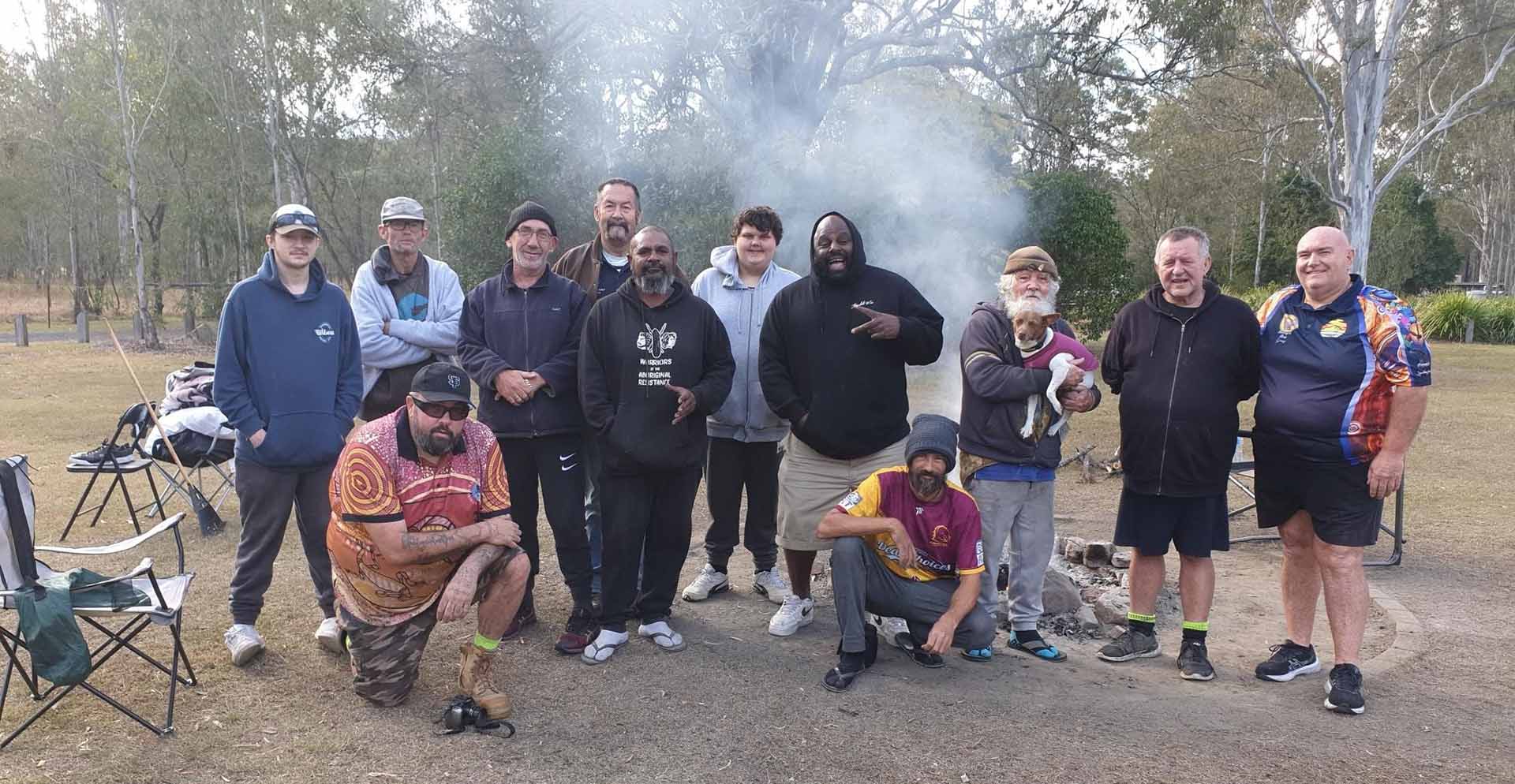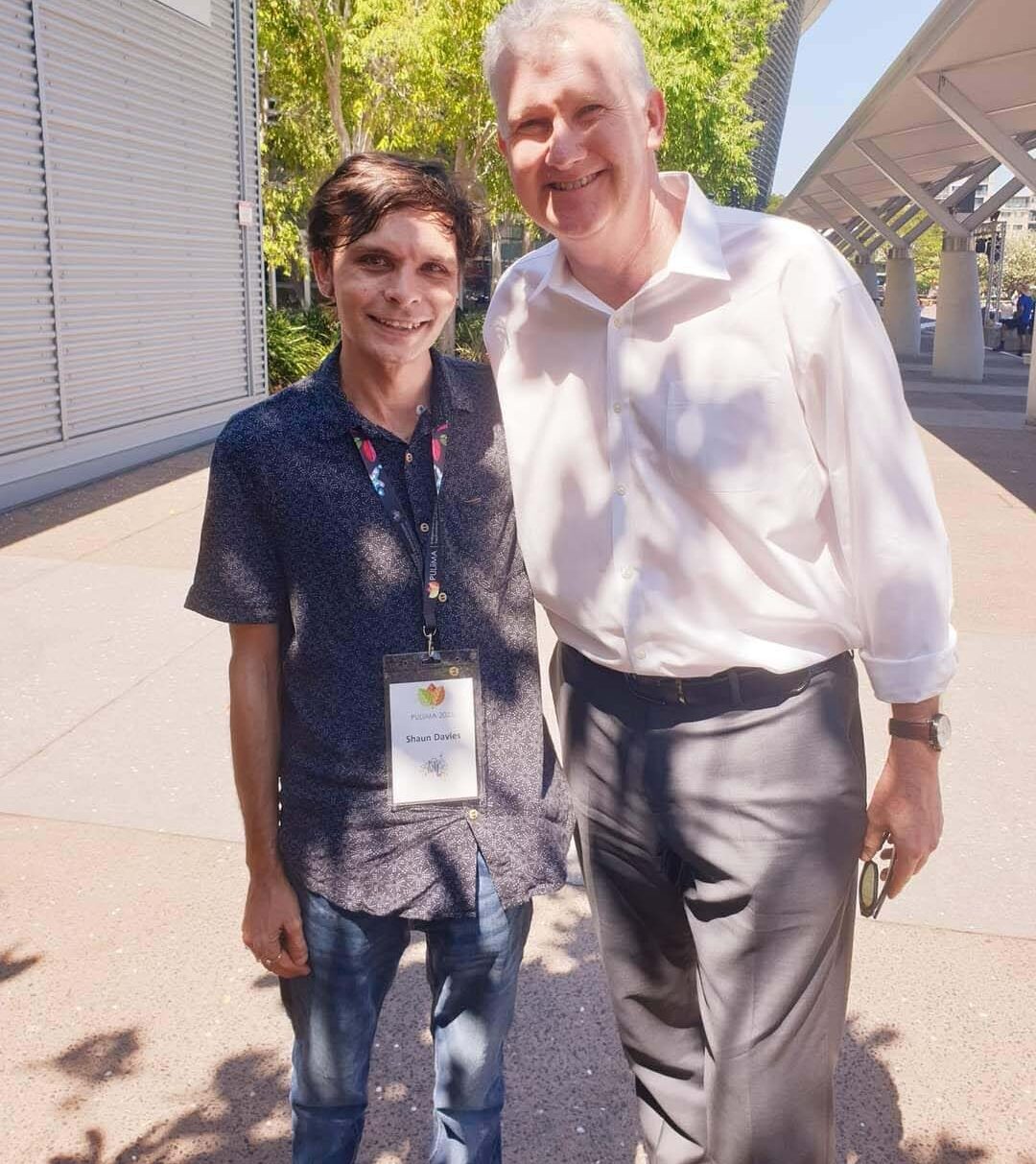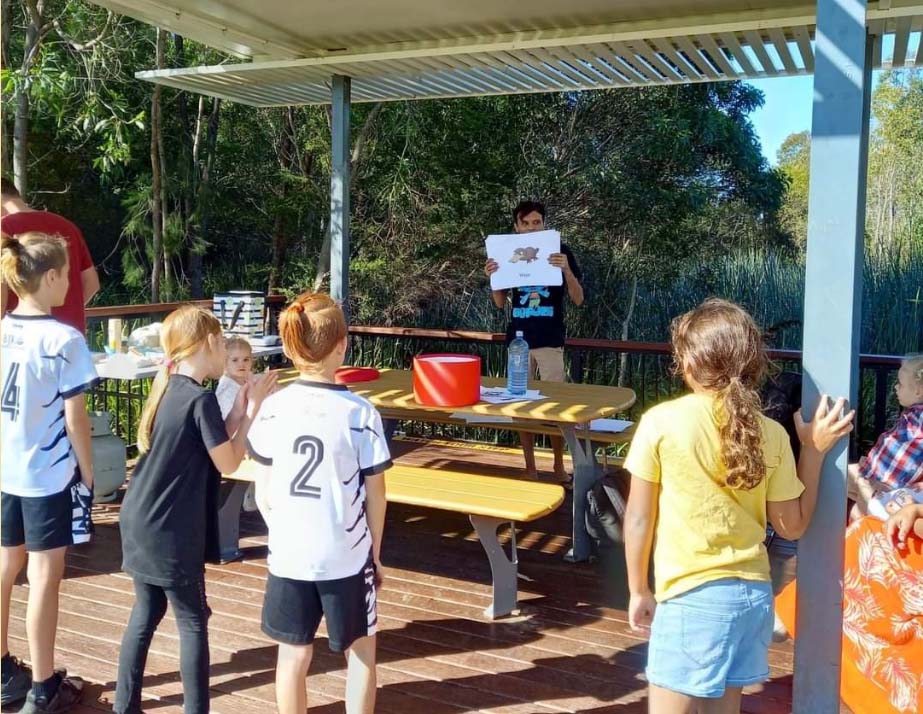For Indigenous peoples, the act of learning and speaking your ancestral language is more than just a linguistic exercise—it is a powerful tool for cultural preservation, personal empowerment, and community revitalisation. In the face of historical and ongoing language loss, reclaiming your language can restore a deep sense of identity and strengthen ties to your heritage. Here are the top five reasons why learning your ancestral language is not only important but essential to your well-being and the future of your people.
1. Cultural Reclamation and Strengthening Identity
Learning your ancestral language allows you to reconnect with the very roots of your culture, history, and traditions. Language is the foundation of cultural expression—stories, ceremonies, songs, and values are passed down through language. When you learn your language, you reclaim a piece of your heritage and reinforce your identity, fostering a sense of pride and belonging. This journey not only strengthens your personal connection to your culture but also helps to ensure that the wisdom of your ancestors is carried forward to future generations.
2. Language as a Tool for Healing and Empowerment
For many Indigenous communities, the loss of language has been tied to colonisation, trauma, and cultural dislocation. Learning your ancestral language is an act of healing—both for yourself and for your community. It gives you the power to reclaim control over your narrative and break free from historical cycles of oppression. Language learning can be an empowering process, one that allows you to regain confidence in your cultural identity and stand proudly in who you are as an Indigenous person.
3. Revitalising Community Bonds
Languages are the glue that binds communities together. When you learn your ancestral language, you contribute to the revitalisation of your community by ensuring that your language continues to be spoken and passed down. This strengthens the social fabric and creates opportunities for intergenerational connection—whether it’s through language classes, cultural programs, or family conversations. Learning the language with others, young and old, fosters unity and collective healing, bringing communities closer in shared purpose.
4. Sustaining Traditional Knowledge and Worldview
Indigenous languages are not just about words—they carry complex systems of knowledge that include unique worldviews, philosophies, and understandings of the natural world. Through language, you can tap into generations of wisdom that have guided your ancestors. Traditional ecological knowledge, cultural practices, and spiritual teachings are embedded in the language itself. By learning your ancestral language, you ensure that this deep well of knowledge is preserved and accessible to future generations, allowing these teachings to continue to inform your relationship with the land and the world around you.
5. Enhancing Personal Well-Being and Cognitive Health
The process of learning your language can have profound cognitive and emotional benefits. Research shows that learning a language can improve memory, problem-solving skills, and mental agility. It also contributes to emotional well-being by fostering a sense of accomplishment and connection to your roots. Furthermore, reconnecting with your language can provide a sense of pride and personal fulfillment, helping to counter feelings of disconnection or marginalisation that may arise from the impacts of colonisation.
Conclusion: A Path to a Brighter Future
Learning your ancestral language is an act of resistance, resilience, and renewal. It is a way to honour your ancestors, preserve your culture, and contribute to the ongoing strength of your community. By learning your language, you become a vital part of the movement to revitalise and protect Indigenous languages, ensuring that they continue to thrive and evolve for future generations.
Whether you are just starting your journey or are deep in the process, remember that every word you learn is a step toward reawakening the language that holds the heart of your heritage. Embrace the journey, knowing that in learning your language, you are creating a future rooted in pride, empowerment, and cultural vitality.













